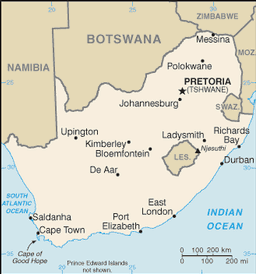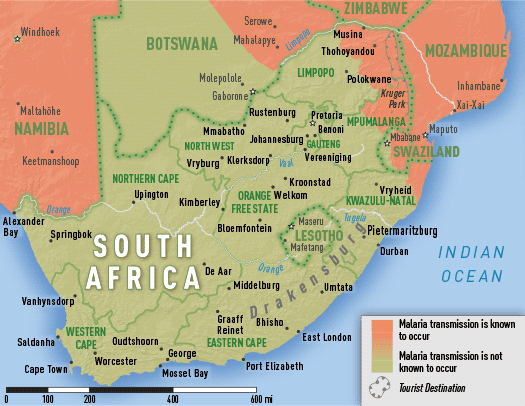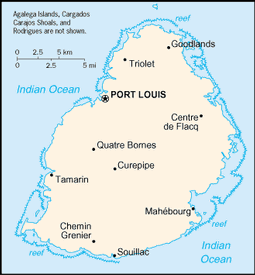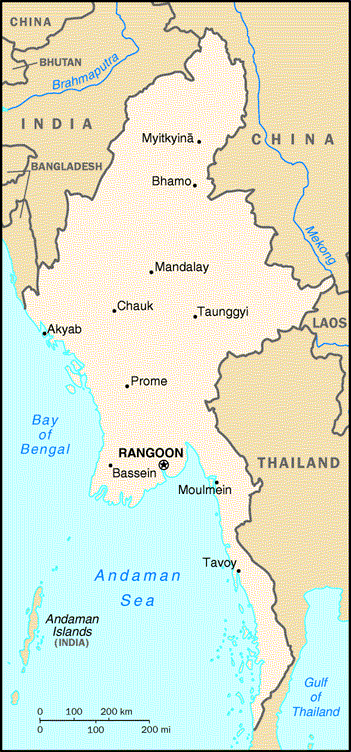Panama – Scheda Paese

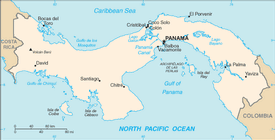
Aggiornamento COVID-19
NON CI SONO PIU’ RESTRIZIONI
Leggi qui tutte le info necessarie per viaggiare
Clima, meteo e salute
- Previsioni Meteo
- Clima: Il clima è spiccatamente equatoriale, con caldo umido e precipitazioni abbondanti (2.500 mm annui), soprattutto sul versante caraibico, influenzato dagli alisei di nord-est.Si hanno comunque sensibili differenze di regime termico in funzione dell’altitudine e di piovosità in rapporto all’esposizione agli alisei. Il versante caraibico è costantemente piovoso (2.500-3.600 mm annui), mentre la regione pacifica è molto meno piovosa (1.400-2.000 mm annui, nelle zone più riparate anche meno). Possono essere distinte due stagioni: una secca da gennaio ad aprile, una piovosa da maggio a dicembre (le differenze stagionali sono meno sensibili nell’area caraibica). L’influenza altimetrica è notevole e permette di distinguere le tipiche fasce climatiche andine: tierras calientes (fino a 600-700 m), con temperature medie superiori a 18° tierras templadas (700-1.500 m), con temperature tra i 15° e i 18° tierras frías (oltre i 1.500 m), con temperature inferiori a 15°, ma comunque mai sotto zero.
In ogni caso negli ultimi anni i cambiamenti climatici hanno portato variazioni sia per quanto riguarda la temperatura che la piovosità. Questo influenza molto la presenza di “insetti vettori”, ad iniziare dalle zanzare, in particolare Aedes Aegipty, vettore di molti virus (arbovirosi), ma anche una maggiore diffusione di Anopheles, vettore della malaria.
Prevenzione e profilassi
Vaccinazioni obbligatorie
- DENGUE
E’ consigliata la vaccinazione per la DENGUE ?
Vista la presenza di focolai diffusi nel paese, in particolare nella città di Panama, ma in quasi tutto il territorio, in aumento durante la stagione delle piogge, ma presente in modo endemico durante tutto l’anno, è consigliato effettuare il vaccino per la DENGUE, QDENGA.La prevenzione consiste nella attenzione alla puntura degli insetti ed alla protezione con repellenti. Noi consigliamo NOZETA – olio di NEEM, molto efficace e con caratteristiche repellenti e lenitive. Importante valutare l’inoculazione del nuovo vaccino per la Dengue, denominato QDENGAIl sito web dedicato alla dengue ed alla sua prevenzione (CLICCA QUI)
Per informazioni e prenotazioni del vaccino della DENGUE (CLICCA QUI)
-
FEBBRE GIALLA se…
Il certificato di vaccinazione contro la Febbre Gialla è richiesto per i viaggiatori con più di 1 anno di età che arrivano dai paesi con rischio di trasmissione della febbre gialla e per i viaggiatori transitati attraverso un aeroporto di un paese con rischio di trasmissione della febbre gialla .
Vaccinazioni consigliate
-
FEBBRE GIALLA
FEBBRE GIALLA La vaccinazione è consigliata ai viaggiatori, a partire dai 9 mesi di età, diretti alle province di Emberà, Darien, Kunayala, Colòn e Panama ad est del canale, escluse la zona del Canale, la città di Panama , le Isole San Blas e le isole di Balboa.
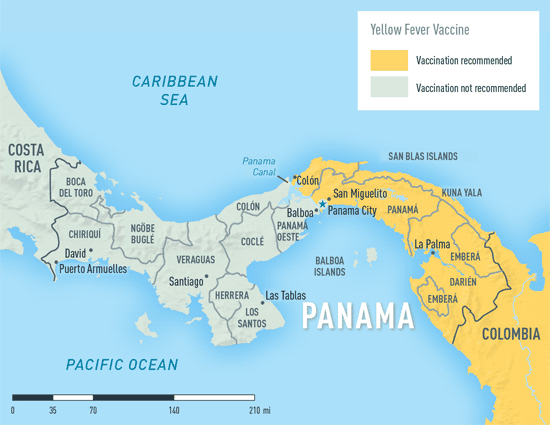
Da CDC – Yellow Book
-
EPATITE A
-
EPATITE B
-
FEBBRE TIFOIDE
-
SINDROMI DIARROICHE E COLERIFORMI
– La vaccinazione non è obbligatoria, ma va presa in considerazione a seconda del tipo di viaggio e di permanenza, ma soprattutto in base alla situazione epidemiologica del paese al momento del viaggio. La nuova formulazione “orale” del vaccino anticolera protegge ora anche dalle infezioni intestinali provocate da molti agenti enterotossici che provocano la “diarrea del viaggiatore”. Il vaccino è quindi consigliato per i viaggi in molti paesi del mondo.
-
TETANO
-
VACCINAZIONI DI ROUTINE
Assicurati di aver effettuato tutte le vaccinazioni previste dal Sistema Sanitario Nazionale. Queste prevedono: tetano, difterite, polio, pertosse, haemophilus B, epatite B, morbillo, parotite, rosolia, varicella.
Approfondimenti sulla malaria
-
CHE COSA E’
La Malaria è una malattia infettiva, acuta, presente nel paese, molto legata agli’ ambienti umidi, piovosi, alle stagioni ed alle condizioni meteorologiche. Controlla prima di partire l’itinerario del tuo viaggio e le condizioni meteo delle aree dei tuoi soggiorni. Ricorda che la Malaria è una malattia potenzialmente grave ed anche fatale. Non sottovalutarla. E’ possibile prevenirla con una attenzione al vestiario che ti copra le parti scoperte al tramonto e la notte, all’utilizzo di repellenti e all’ utilizzo di adeguati farmaci per la profilassi, nelle stagioni di maggior rischio. Per approfondire leggi la scheda sulla malaria
-
NEL PAESE
Il rischio di malaria a causa prevalentemente di P. vivax ( > 99%) esiste tutto l’anno nelle province lungo la costa atlantica e lungo i confini con Costarica e Colombia: Bocas del Toro, Chiriquí, Colón, Darién, Kuna Yala, Ngäbe Buglé, Panama e Veraguas.
A Panama City, nella zona del canale e nelle altre province non c’è rischio di trasmissione.
Segnalata resistenza del P. falciparum alla clorochina e alla sulfadossi-pirimetamina.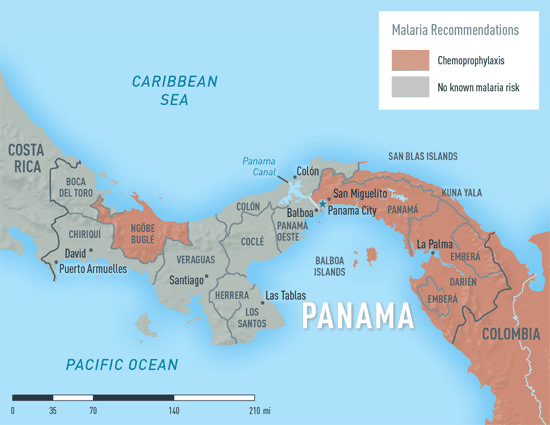
CDC Yellow Book
-
PROFILASSI
Doxiciclina, è un ottimo farmaco di scelta per i soggiorni sia in aree turistiche che in viaggi avventurosi, durante trekking e in caso di utilizzo di tende o residenze poco controllate. Farmaco per i soggiorni in residenze protette o aree di lieve rischio, sia per soggiorni a rischio elevato. Devi sapere che la “doxiciclina 100 mg”è un farmaco di scelta non solo per la prevenzione della infezione malarica ma anche per la prevenzione delle infezioni batteriche intestinali e cutanee e verso le infezioni causate da punture di zecca. Per le sue caratteristiche il farmaco è molto versatile, può essere infatti assunto per soggiorni brevissimi o brevi, alcuni giorni o settimane, ma anche nel lungo periodo,cioè per molti mesi. Ti ricordiamo che farmaci a base di tetracicline, compresa la doxiciclina, vengono assunti per oltre 1 anno da ragazzi che manifestano l’acne, cioè infezioni sul volto o tronco. Un farmaco sicuro, efficace, privo o con scarsi effetti collaterali. Ricordiamo che alle dosi di profilassi, 100 mg al giorno, gli effetti di sensibilizzazioni ai raggi solari, sono praticamente assenti. In ogni caso ricordiamo l’uso di creme solari. Farmaco di basso costo. Non è utilizzabile al di sotto dei 12 anni o in gravidanza, o in caso di allergia o intolleranza alle tetracicline. Si assume tutti i giorni, durante il pranzo, dalla entrata in area a rischio, per una settimana dalla uscita dall’area di rischio malarico.
Atovaquone-Proguanile, farmaco sul mercato da quasi 20 anni possiede ancora una buona copertura antimalarica per le forme resistenti alla clorochina, anche se sono state descritte da diversi anni forme di resistenza e di scarsa efficacia. Utile per l’utilizzo pediatrico, Utilizzato per periodi non superiori ai 30 giorni, ma utilizzabile fino a 60 giorni. Si assume una compressa tutti i giorni da 2/3 giorni prima di partire ad 1 settimana al rientro.
Meflochina, farmaco utilizzato da oltre 30 anni, Efficace in profilassi e in terapia. Efficace sia negli adulti che anche in età pediatrica. Efficacia e sicurezza dimostrata anche nelle donne in gravidanza. Utilizzabile in soggetti in buone condizioni di salute. Da non utilizzare nei cardiopatici, soggetti aritmici, neuro e psicopatici, in chi soffre di insonnia. Riferiti sintomi da irritabilità del sistema nervoso periferico e centrale. Da evitare in chi effettua immersioni, soggiorni in alta quota, voli aerei ripetuti e prolungati. Favorevole la modalità di assunzione che prevede una dose settimanale da una settimana prima di partire a 3/4 settimane al rientro.
-
AL RIENTRO
In caso di febbre, di diarrea o comunque di malessere, è indispensabile consultare senza indugio (in caso di febbre, possibilmente entro 24 ore, per la possibilità di aver contratto la malaria, se si è di ritorno da una zona a rischio) un Medico Specialista o esperto in Malattie Tropicali.
Pillole di salute
-
Come evitare di ammalarsi
Dai tempo al tuo organismo di ambientarsi al nuovo clima ed al nuovo ambiente. Prima del viaggio, se possibile, dedica alcune ore alla attività fisica, e abitua il tuo organismo ai nuovi ritmi durante il viaggio…leggi tutto
-
Chi deve vaccinarsi per la febbre gialla
La vaccinazione contro la Febbre Gialla o Vaccino Antiamarillico, malattia virale acuta, che si trasmette tramite puntura di zanzara, è l’unica pratica preventiva che può essere richiesta obbligatoriamente dalle autorità sanitarie di un Paese per poter entrare attraverso i valichi di frontiera….
-
La malaria, attenzione….!
E’ una malattia infettiva, acuta, spesso ma non sempre febbrile, talvolta caratterizzata da pochi sintomi ma sempre con presenza di grande stanchezza, può essere fortemente debilitante, provocando anemia talvolta grave e molto spesso alterazioni metaboliche ed organiche. Appena entrati nell’organismo i parassiti colonizzano le cellule del fegato che poi vengono via via distrutte creando zone di necrosi (morte cellulale) e di fibrosi puntiforme. Alla lunga il parassita malarico crea lesioni permanenti a livello epatico. (altro che medicine contro la malaria che fanno male al fegato!).
Ricorda che la protezione dei farmaci utilizzati per la profilassi (prevenzione) è efficace e sicura. Gli eventuali effetti collaterali, raramente presenti, sono sicuramente meno dannosi, sul tuo organismo, rispetto alle conseguenze derivanti dalla malattia stessa. Tali effetti collaterali, sempre temporanei, possono dipendere da dosaggi non corretti o da intolleranze individuali. Devi temere l’azione distruttiva del parassita sul tuo organismo piuttosto che gli effetti collaterali,generalmente non pericolosi dei farmaci antimalarici.
Febbre, brividi, sudorazione, cefalea nucale, stanchezza ingravescente sono i sintomi più frequenti e caratteristici. Ma non sempre la malaria si presenta in modo così eclatante. Basta un malessere al rientro dal viaggio a far scattare l’attenzione.
FAI SUBITO GLI ESAMI DI LABORATORIO PRESSO UN CENTRO SPECIALIZZATO. TI ASPETTIAMO AL CESMET PER ESCLUDERE CON UNA VISITA E CON ESAMI MIRATI CHE I TUOI SINTOMI PROVENGANO DA UN ATTACCO MALARICO.CHIAMA IL CENTRO CLINICO E DIAGNOSTICO TROPICALE La malaria: scheda tecnica
-
Zanzare & co. – Come proteggersi
• le zanzare che trasmettono malattie diverse dalla malaria sono attive durante il giorno ed ovunque vi sia una raccolta di acqua dolce: indossare abiti di colore chiaro, lunghi e con maniche larghe, pantaloni lunghi e larghi, di colore chiaro, magliette o camicie con maniche lunghe e larghe e di colore chiaro da infilare nella cintura dei pantaloni….
-
Nuotare con precauzione
Per prevenire l’eventuale trasmissione di malattie infettive, è opportuno nuotare esclusivamente in piscine con acqua clorata. L’acqua del mare è sicura.
Fare il bagno in acque contaminate può essere pericoloso per la pelle, gli occhi, le orecchie, le mucose della bocca, specialmente se… -
Il mal di montagna
E’ un insieme di sintomi che si può manifestare quando l’organismo umano, superati i 2500 metri di altitudine, non si è ancora adeguato alla nuova situazione ambientale.
Possiamo definire l’alta quota come segue… -
In valigia
Montagna o mare, safari e avventura o vacanza di tutto riposo, caldo o freddo: devi preparare il tuo bagaglio con cura, attenzione, senza esagerare e soprattutto prevedendo ……l’imprevedibile. Abbigliamento appropriato al clima e non dimenticando mai una piccola farmacia da viaggio.
-
Al rientro a casa
Quando rientri da un viaggio ricorda di prenderti una pausa di un tempo sufficiente per riadattare il tuo organismo al tuo ambiente ed ai tuoi ritmi di vita. Stanchezza, malessere, senso di vuoto, scarsa capacità alla concentrazione….
Informazioni generali
Capitale: Panama
Lingua: Spagnolo; usato l’inglese
Moneta: Balboa panamense
Fuso orario: GMT-5
Storia,Economia,cultura: https://www.cia.gov http://www.britannica.com
Sicurezza: www.viaggiaresicuri.it www.dovesiamonelmondo.it
Panama – Scheda Paese Leggi tutto »






